The Court of Cassation (Supreme) of Italy in September 2021 decided not to allow part of the confiscated property to be returned Leoluki Bagareli, son-in-law of the deceased Salvatore Toto Rina, the most famous mafia boss of the Italian Cosa Nostra.
That property, worth one and a half million euros, was confiscated in 2017 and was fictitiously registered to third parties, including family members who became his heirs. Among others, it is Rin's brother-in-law, who was also suspected of being a close associate of Rin in mafia affairs.
He stated in the appeal that there is no longer any danger of committing criminal acts and that the confiscated property was purchased more than 20 years before Rino's departure to prison.
The Court of Cassation, however, decided that the state should keep the property and that Rin's son-in-law should pay about 3.000 euros in court costs.
Rino died in 2017 in prison serving 26 life sentences. Among his most famous crimes is the murder of judges Giovanni Falcone i Paolo Borselini in 1992. In 1987, those two judges brought more than 300 members of Coza Nostra to justice. Rin's villa, among other things, was confiscated by Italy in 1997 and turned into a school.
This is just one of the many examples of how Italy has fought criminals, realizing a long time ago that the only thing that can really "hurt" them is confiscation of property.
In addition to confiscation of property in criminal proceedings, the main tool used by that country in the fight against crime is preventive confiscation.
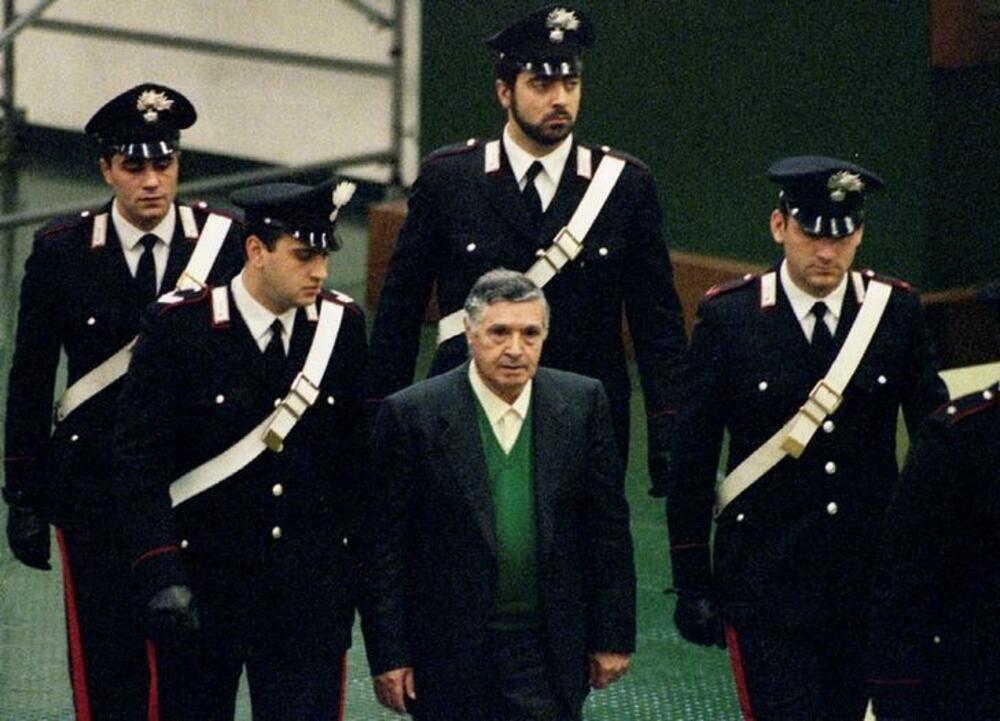
Preventive confiscation enables confiscation of someone's property without conducting criminal proceedings and without a court verdict establishing that a criminal offense has been committed. It is only necessary to assume that the person is dangerous to society and that there is a disproportion in assets.
From "Libero", the Italian association that fights against the mafia, for Center for Investigative Journalism of Montenegro (CIN-CG) they explain that it is a special procedure for confiscation of property "misure di prevenzione patrimoniale", which is completely independent and different from the criminal procedure.
"Only property (real estate or business) that could be a potential tool for crime and for which there is no evidence that it was legally acquired is taken into account," explains the national coordinator of "Libera". Tatiana Giannone.
At the international level, this special type of confiscation is also known as "confiscation without conviction".
Giannone states that it is possible to confiscate real estate, furniture and companies that do not have to be connected to organized crime at all.
Although he states that the Italian legislation is certainly the most advanced in this matter, "Libera" suggests some improvements in that country as well. These are the improvement of personnel and financial capacity of the National Agency for Confiscated Property, an even better valorization of confiscated property, a guarantee to workers of confiscated enterprises and companies that they will be protected, and an increase in transparency in the management of confiscated property and its purpose.
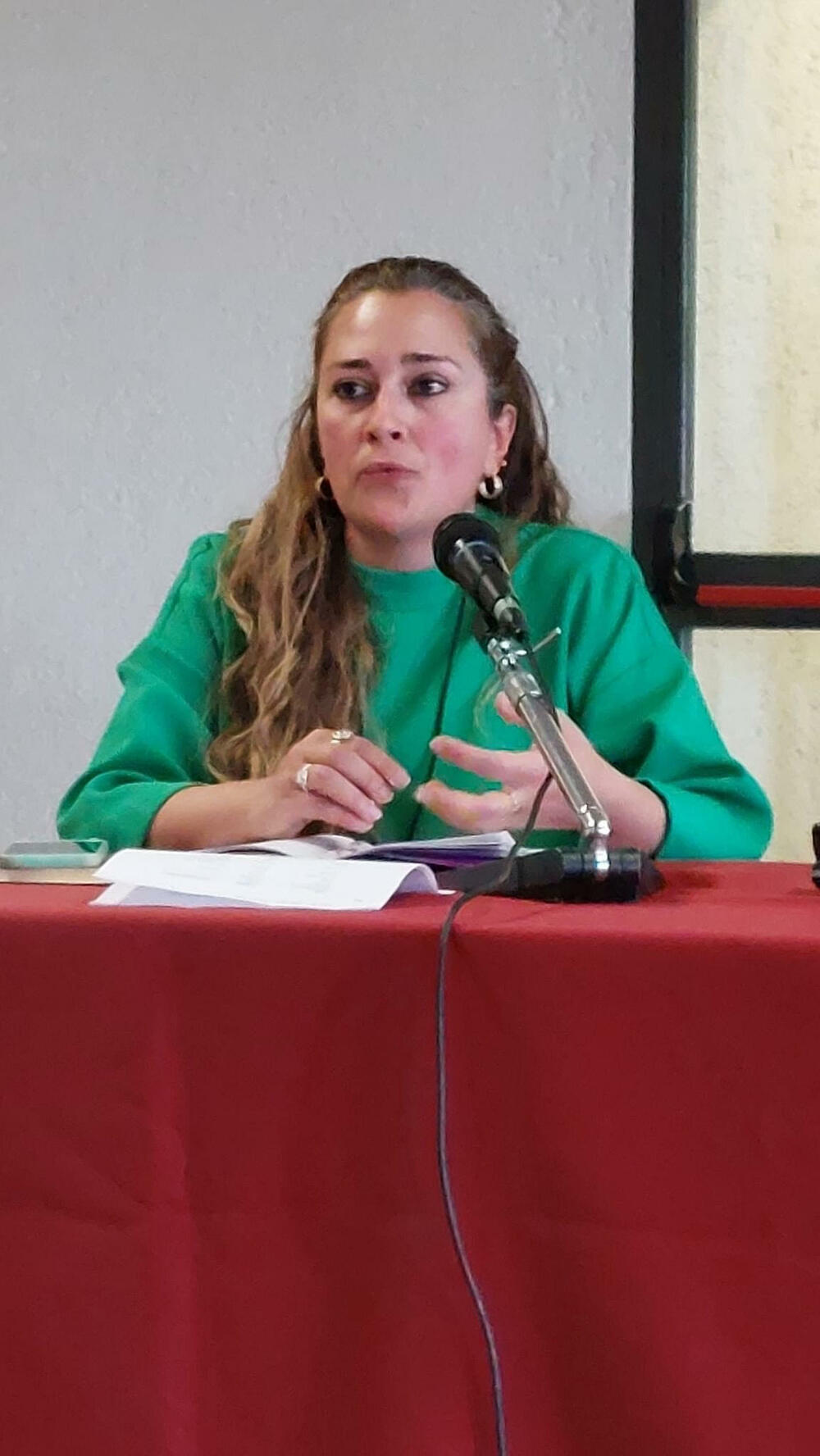
In the documents of that organization, it is noted that today there is no Italian region where there is no property confiscated from the mafia.
Slightly less than 900 organizations in March 2021, when the "Libera" report was made, were managing confiscated property in Italy. There were 353 houses, 207 villas, 81 business premises, 25 car parks, 176 lots and 73 other properties.
The Anti-Mafia Directorate (DIA) plays an important role in the fight against organized crime in Italy. It is a special service within the Ministry of Internal Affairs that conducts preventive, criminal investigations and international cooperation. Her work does not depend on reporting a criminal offense.
According to DIA data, in Italy, in the last two decades, property worth about 12,5 billion euros was permanently confiscated, and temporarily about 26 billion, only from mafia organizations - Coza Nostra, Camora, Ndrageta, Puglia and others.
The Italian Agency for the Management of Confiscated Assets responded to CIN-CG that in the last six years, only on the basis of preventive confiscation, 22.622 properties, 2.544 companies and 3.559 vehicles were confiscated in that country.
There is no statute of limitations for preventive confiscation
The Italian anti-mafia code (Antimafia code), i.e. preventive confiscation, does not punish the crime but prevents its execution, the professor of the Faculty of Law in Rome points out. Elvira Nadia La Roca.
She also confirmed for CIN-CG that preventive confiscation does not entail criminal proceedings, and that the Anti-Mafia Code entails confiscation of property regardless of the commission of a criminal act.
"The criminal procedure actually assumes that a crime has been committed, and this procedure provides a series of measures to protect against future crimes," she explains.
These measures, explains the professor of anti-mafia legislation, are known as "ante delictum". This means that their purpose, among other things, is to prevent persons who are considered dangerous to possibly commit a criminal offense.
"So it is enough for the competent institutions to consider that someone is dangerous or a mobster in order to confiscate their property," says Professor La Rocca.
These measures, she points out, are not affected by the statute of limitations provided for in the Italian Criminal Code.
Specifically, he explains it like this: "Preventive confiscation can be applied even after the statute of limitations has expired. If a preventive measure is applied, and then the criminal proceedings are dropped due to the statute of limitations, the prevention cannot be revoked just because of that."
However, he warns that it is problematic that these measures can affect personal and property freedom.
In addition, confiscation of property also applies to family members, heirs, and creditors. So those who are indirectly involved in the process.
"Therefore, there is a risk of irreparably compromising the position of innocent third parties," says Professor La Rocca, adding that there is also a risk of serious economic damage, especially for companies that are seized, which can result in the unemployment of many of its workers.
He emphasizes that in terms of international cooperation, i.e. disputed property abroad, the European Union Regulation 2018/1805, which recently entered into force, could be significant.
"It provides for mutual recognition of institutions for freezing and confiscation of assets. It could become a valid instrument, because the regulation is directly applicable", says La Roca.
He recalls that Italian anti-mafia legislation has long roots.

At the end of the 19th century, preventive measures, then called "police measures", were initially used to stop banditry.
During fascism, they were used to "silence" political opponents.
This professor of the Roman Faculty of Law explains that these measures, which were used to fight against those who were considered enemies of the state, became a bulwark in the fight against the mafia and an effective means of protection against criminals in the nineties of the last century.
"Because by taking away their property, you best limit their activities," she concludes.
For preventive confiscation, change the regulations
Montenegro has modest results in confiscation of property. In the eight years of application of the Law on confiscation of property acquired through criminal activity, only a few properties were confiscated. Even the property that was temporarily confiscated was not used, but destroyed, so the citizens paid millions in damages.
According to the latest report of the Prosecutor's Council for 2022, we see that the results of confiscation of property last year were also disastrous. The higher court in Podgorica, at the request of the prosecution, permanently confiscated 805 euros.
Better results are only possible if confiscation of property benefits is a goal of state policy, a legal expert and representative of Montenegro before the European Court of Human Rights assessed for CIN-CG. Valentina Pavlicic.
She reminds that models of the fight against the mafia in Italy have been developing since the 60s of the last century.
"The biggest advantage of this model is the existence of coordination and synergy between different bodies and institutions, which our neighbors have been working on for more than four decades," explains Pavličić.
The establishment of specialized bodies such as the National Anti-Mafia and Anti-Terrorism Directorate (DNAA) certainly contributed to the successful practical application, she assesses, while the administrative approach for the confiscation of property of illegal origin takes place through the establishment of the financial police as a special body (Guardia di finanza). which has the authority to request proof of the origin of certain goods or property without any prior reason.
"A sufficient precondition for the application of these measures is the existence of a reasonable suspicion that a certain person is socially dangerous and that precautionary measures are taken against the property to prevent illegal enrichment of such persons", reminds Pavličić.
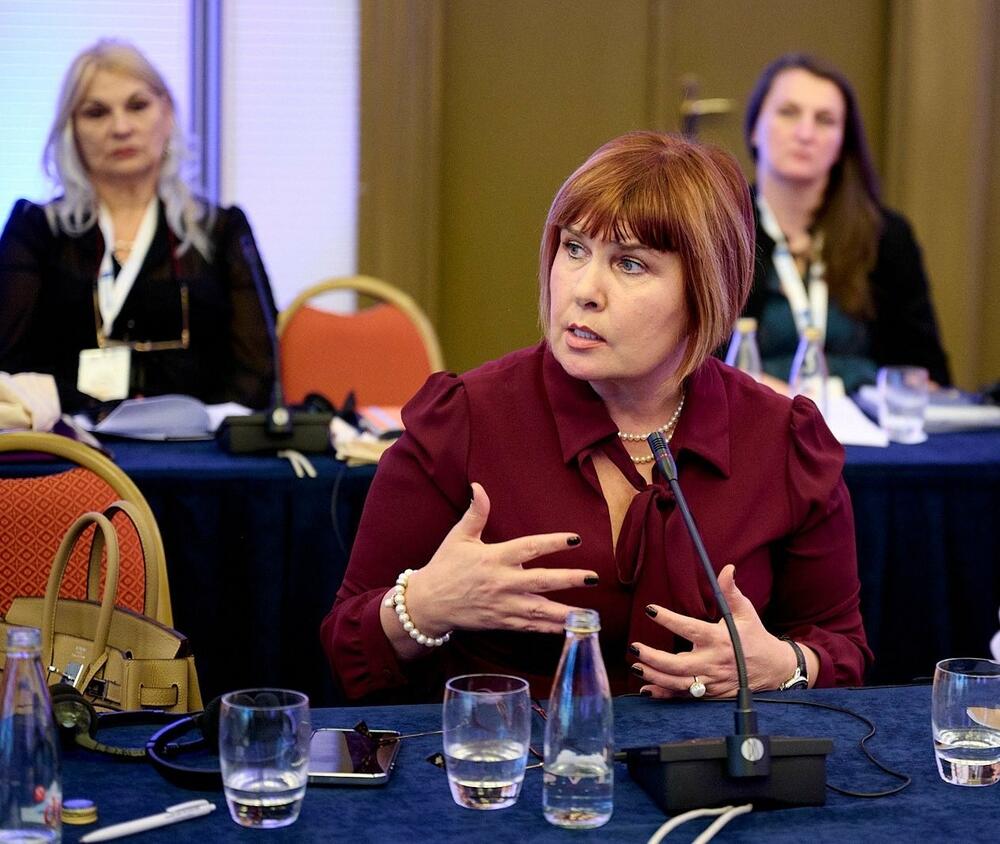
She explains that the prosecuting authority, which at the very beginning evaluates what is more effective and efficient for obtaining a positive result, decides which measure to take.
For the introduction of preventive confiscation in our country, Pavličić points out, both legal and constitutional changes would be necessary, as well as a serious analysis of whether our institutions are currently capable of implementing it.
"We would like to play Argentine football, but we don't have Messi," she said vividly.
He explains that for the effective introduction of preventive confiscation in our country, it would be necessary to amend not only the laws, but also the Constitution and give greater powers to prosecutors.
"Property cannot be confiscated even preventively without a court decision. "Someone has to lead that procedure before the court, and the only one who has the capacity for such a thing in our country is the prosecutor's office," Pavličić says.
With the amendments to the Constitution of 2007, Montenegro reduced the powers of the prosecution. It is now in charge only of prosecuting the perpetrators of criminal acts, whereas until then it could represent the state in other cases as well.
Former judge of the Constitutional Court Miodrag Ilicković points out that the Constitution protects the right to property, but also notes that this right can be limited, if it is prescribed by law and if there is an adequate legal remedy, i.e. the right to appeal.
However, he believes that we should approach this carefully, take our capacities into account, and adopt a set of legal measures, form special departments that will deal with it and give them greater powers.
Iličković points out that vetting should first be carried out in the judiciary (checking the property of judicial officials.)
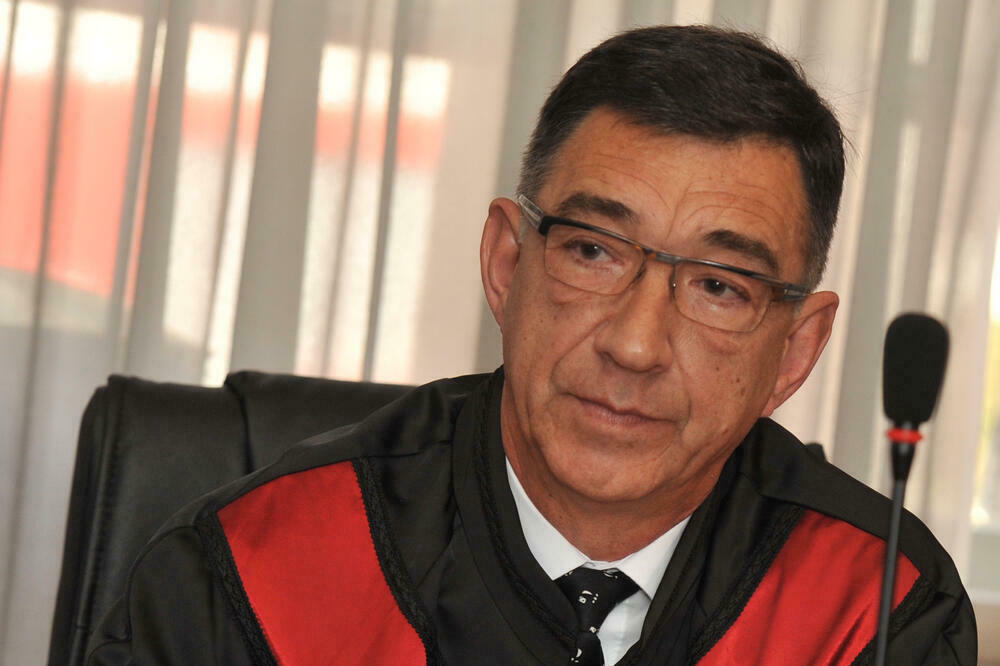
"First, the police, prosecutors and the entire judiciary must be cleaned, because these are the people who should do that work. A harmonious system must be created. We cannot take a little from the Italians, a little from the Americans...", concludes the former judge of the Constitutional Court.
Montenegro is trying to change the law for the third year
The only law that regulates this area in our country is the Law on confiscation of property acquired through criminal activity. It is in the process of changes for the third year. However, the attempt to change the ineffective Law is also the target of harsh criticism.
The Network for the Affirmation of the Non-Governmental Sector (MANS) has been advocating for the civil model of confiscation of property for years, and for the changes proposed by the Government, they point out, among other things, that they will abolish all those who acquired property in the 90s. Also, they emphasize that those changes cannot even confiscate property hidden abroad. They ask that we follow the Italian model of confiscation of property and that it should be done by a special court with carefully selected judges.
The latest proposed changes to the Law, among other things, provide that only in the case of criminal offenses under the jurisdiction of the Special State Prosecutor's Office (SDT), a final conviction will not be awaited, but the process of civil confiscation of property can be initiated immediately after the investigation has been initiated. Among the proposed changes is that property acquired 10 years before or after the committed criminal offense can be confiscated, starting in 2010.
This proposal of the Law was condemned by the public, because the essence of the changes was supposed to be to facilitate the process of confiscation of property, which should not depend on the criminal process. Also, many questioned the time frame for confiscation, stating that it means that all those who acquired illegal property in the XNUMXs will be absolved. The capacity of the protector of property legal interests to lead these proceedings is also being questioned. The non-governmental sector also warns that the amendments were not made transparently, and that there was no substantial public discussion on the amendments to the Act.
The Assembly has already refused once to adopt the changes proposed by the Government and formed a working group to find a solution.
However, recently the Government again proposed to the Parliament to adopt these changes and now the Law is again in the parliamentary procedure. Now, in addition to the already expressed criticisms, the question of the legitimacy of the dissolved Government and Assembly to enact such important laws is also being raised.
While Valentina Pavličić assesses that the proposed changes can initially contribute to more efficient procedures, MP Branka Bosniak from the Movement for Change (PzP) assesses that we need a special law that will treat this matter in a serious way.
Pavličić points out that the advantages of the proposed civil confiscation of property are that it cannot be prevented by the existence of immunity, the impossibility of extradition, the unavailability of the suspect and insufficient evidence according to the criminal standard of proof.
Bošnjak, who is a member of the working group of the Committee for Justice and Administration, points out, however, that the proposed combination of proceedings, which is initiated as a criminal proceeding against a person and then his property is treated in civil proceedings, causes a large number of dilemmas, especially taking into account the environment in Montenegro.
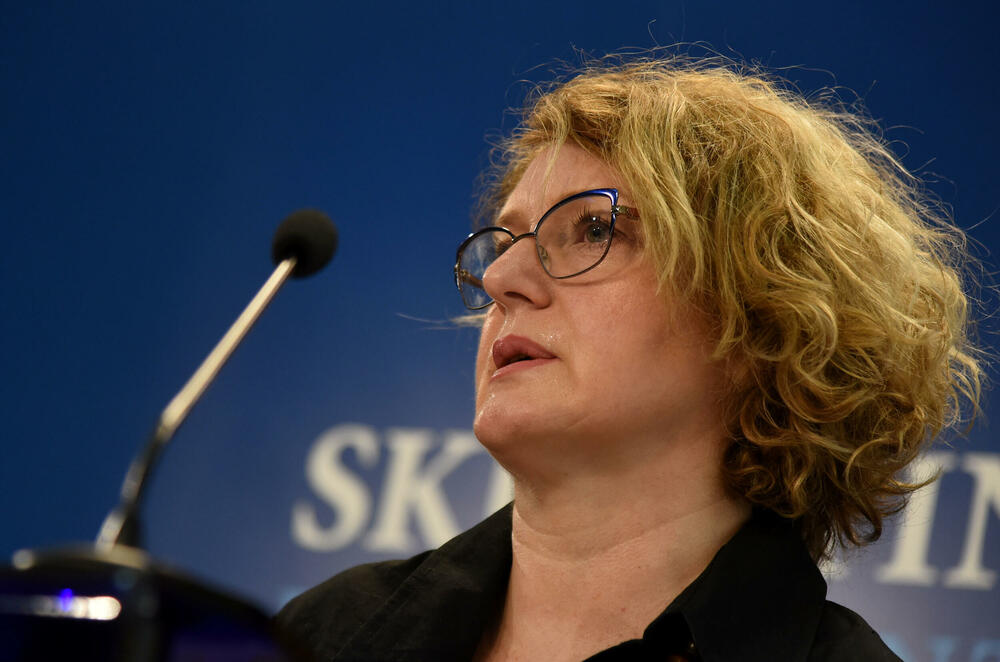
That is why he warns: "First of all, I mean the unreformed judiciary and prosecutor's office, as well as the weak institutions of the system and many corrupt individuals installed in the state apparatus. That's why I think this model is doomed to failure or possibly selective success because it will depend on the individuals whom they will and will not prosecute".
Pavličić, on the other hand, notes that it is also an advantage that permanent confiscation is possible when the defendant is acquitted in a trial before a criminal court, and that lawsuits in the civil law sense for this type of procedure are treated according to a lower, civil law standard of proof (where the defendant proves that something legally acquired).
The civil model of confiscation of property is not unknown to the European Court of Human Rights, emphasized the representative of Montenegro before that court, stating that the Strasbourg court in its decisions confirmed the possibility and correctness of its application.
However, Pavličić points out, there is still concern regarding the introduction of the institution of the Protector of Property Legal Interests, which should lead these proceedings. However, he adds that this is the only possible solution in the existing constitutional and legislative framework of Montenegro, due to the impossibility of representing the prosecution before the civil court.
According to the proposed amendments to the Law, the defender presents evidence and facts that indicate the existence of an obvious disparity between the value of the defendant's property and his legitimate income, and the defendant is obliged to provide evidence that this is not the case.
As for the request for a longer time frame in which these procedures can be conducted, Pavličić states that they are acceptable, but that all of this should be looked at carefully through our constitutional and legal framework and see to what time limit it is possible to go without possible injuries occur.
"Essentially, it is important to find that golden thread between what is the public interest and the individual rights of individuals, so that in later proceedings the state is responsible and pays compensation," she warns.
Bosniak also questions the time frame, pointing out that the proposed law can easily grant amnesty to all those who got rich in the XNUMXs.
"There are most of them, from exhaust welders to the 'first family', because that's when the "state smuggling of cigars" started and gave birth to most of the Montenegrin tycoons and the current quasi-elite. That was when all those robberies of privatization took place, by which individuals acquired huge capital at the expense of robbing state-owned companies", assesses MP Bošnjak.
She supports the idea of adopting solutions similar to the Italian one for the fight against the mafia, and says that it is unclear why the Government decided on a model similar to the Slovenian one, which did not prove to be effective.
"What I have to point out is that the EU representatives must also support us in finding an adequate and fair solution, so that no one is amnestied who has gained wealth by abusing and robbing the people. And they must be aware that it is necessary to respect our Montenegrin context", concludes Branka Bošnjak.
And while the Italians collect billions of euros at the expense of criminals, Montenegro will obviously have to wait until it gets really effective means to fight the mafia.
The committee would the new law and vetting
Bošnjak emphasizes that the working group of the Parliamentary Committee is of the opinion that it is necessary to start drafting a new law that would treat property whose origin was not acquired legally through litigation.
"The working group is also of the opinion that some accompanying laws must be harmonized and a special court or a special department in the court must be foreseen to deal with these cases, and the judges in that court must be carefully selected, with a previously conducted vetting".
He warns that the mandate of the working group has expired, so it is necessary for the Board or the Collegium of the President of the Assembly to make a decision to continue the work and to specify the tasks and give deadlines.

Bonus video:




